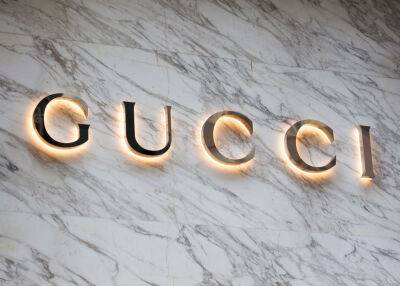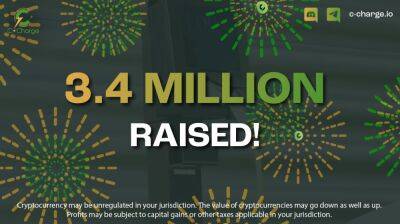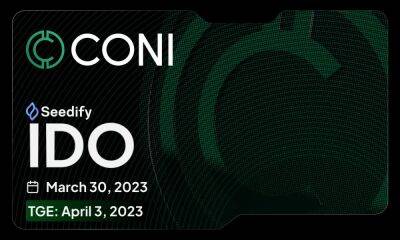The World State (TWS) Project Launches to Create World's First Decentralized Economy
Disclaimer: The text below is an advertorial article that is not part of Cryptonews.com editorial content.
Centralized systems have long monopolized the finance industry since its very beginning. We have become so accustomed to such systems, that we let banks, credit agencies, and other third parties control our accounts, move our money, limit operations, and monitor loans.
What if there was another, fairer, financial model, one that allows complete control of funds and personal access? In fact, there already is: decentralized finance. This model provides higher levels of security and anonymity, with no imposed restrictions.
Essentially, decentralized finance empowers individuals by facilitating peer-to-peer transactions that avoid the use of third parties, and allows people to store money in their own encrypted wallets. Read on to take a deeper look into the world of decentralized finances.
As mentioned, decentralized finance, or DeFi, is not controlled by a central authority. Instead, it operates via a network of participants using secure distributed ledgers, based on the blockchain. Where traditional banks would determine your creditworthiness when you apply for a loan, or credit, with DeFi, a network of people can verify your creditworthiness and provide funds without unnecessary restrictions, infringing checks, or requiring any high commission fees for third parties.
Across all of crypto, decentralization forms the basis of all operations. The blockchain functions as a distributed record of financial transactions. These transaction records are verified by a network of millions of independent devices, or nodes, to validate.
There are several advantages to decentralized currency: autonomy, security, and speed. Since
Read more on cryptonews.com














